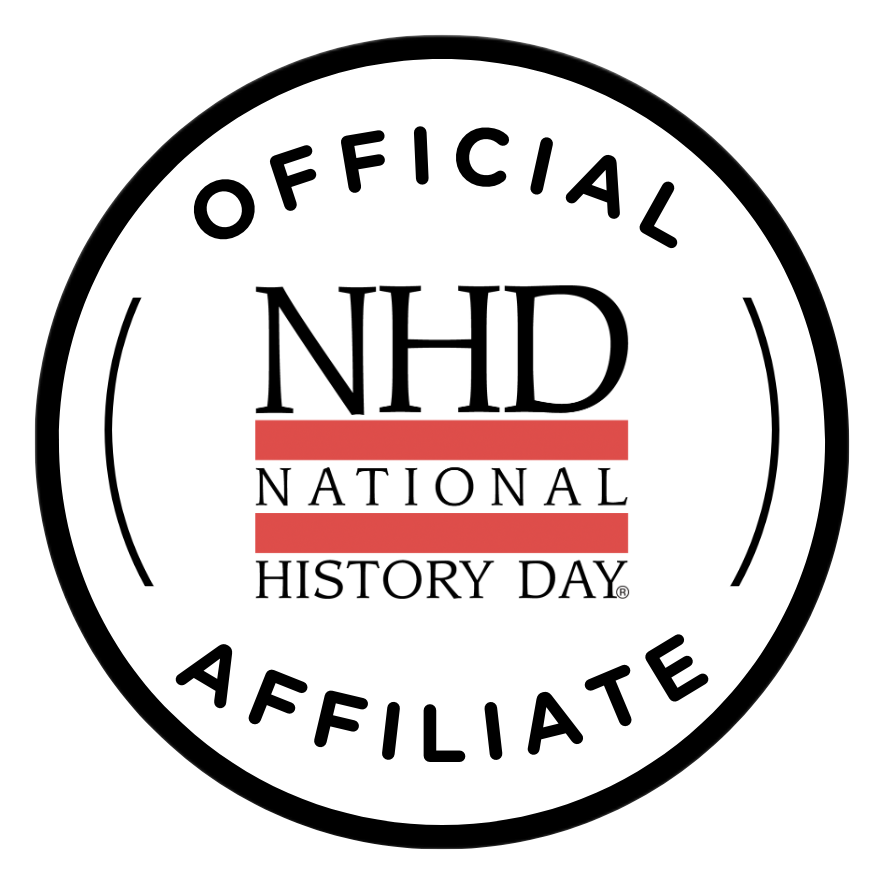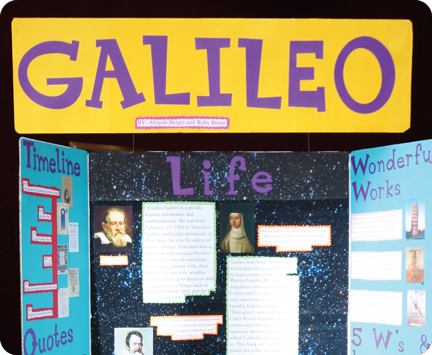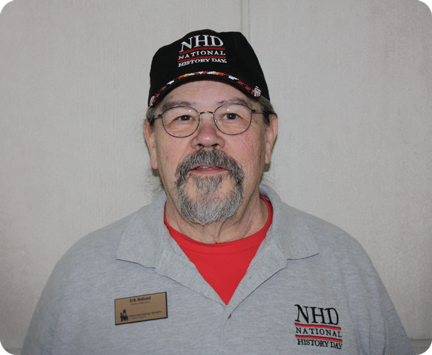
2026 Regional Contests:
Western Region
March 17
Dickinson State University, Student Center
Central Region
March 24
Bismarck State College, National Energy Center of Excellence
Eastern Region
March 4
North Dakota State University, Student Union
2026 State Contest:
April 14
North Dakota Heritage Center & State Museum
The National History Day in North Dakota Contest is held annually in Mid-April.
2026 National Contest:
June 7-11
University of Maryland, College Park
Educators |
Students |
Parents |
Judges |
|---|---|---|---|
What is National History Day®?
National History Day in North Dakota is a project-based learning program that emphasizes critical reading and thinking skills, research, analysis, and the drawing of meaningful conclusions. Students can complete these projects in groups or as individuals in one of five categories: documentary, paper, exhibit, performance, or website. They then compete in either the junior (middle school) or senior (high school) division. Regional winners compete at the state contest in April at the North Dakota Heritage Center & State Museum in Bismarck. First and second-place state winners are eligible to compete in the national contest at the University of Maryland, College Park in June. National History Day in North Dakota provides teacher training and classroom resources throughout the year.
Annual Theme
The National History Day theme for 2026 is Revolution, Reaction, Reform in History.
Start a project at nhd.org where you can watch the theme video, access graphic organizers, and download the rule book.
Contact Information
NHD in ND Affiliate Coordinator
ndstudies@nd.gov



